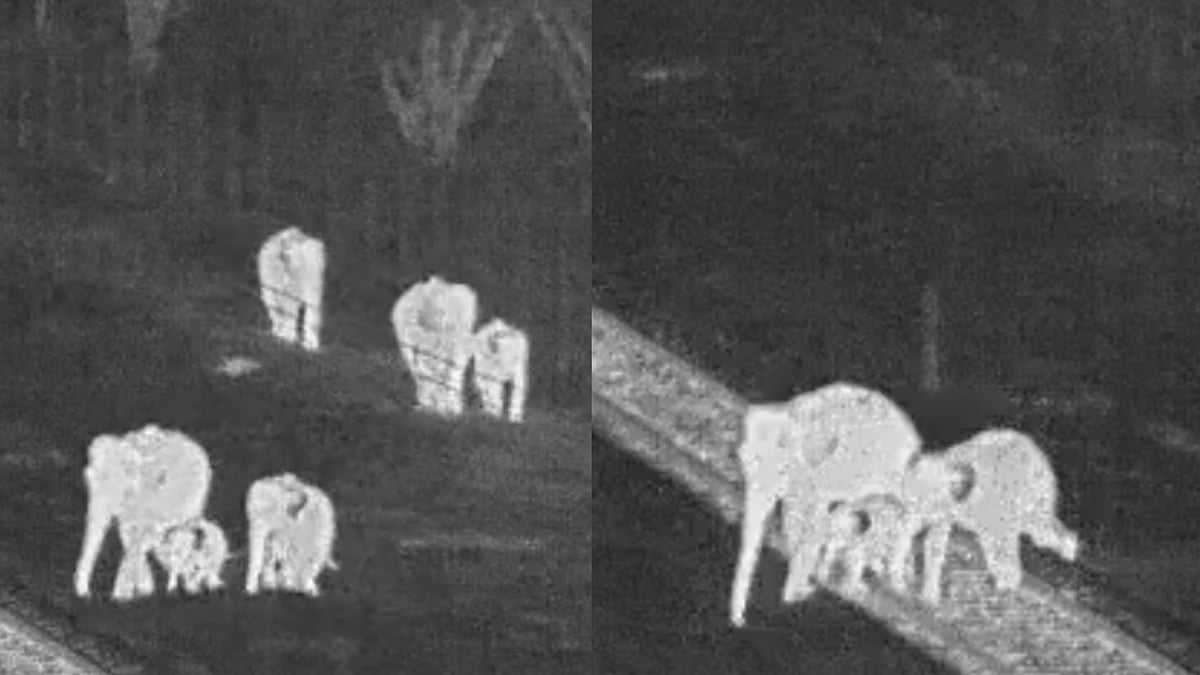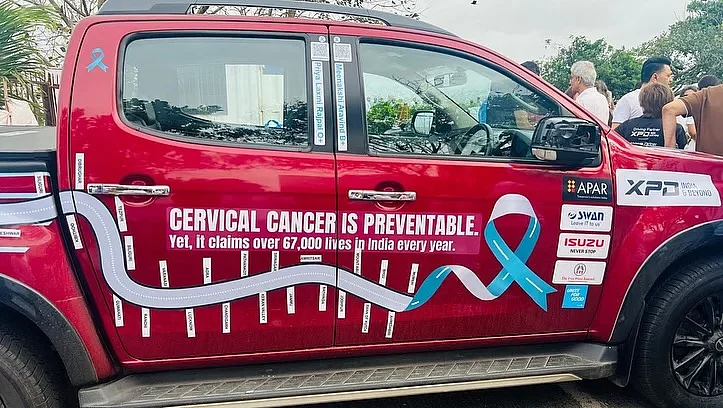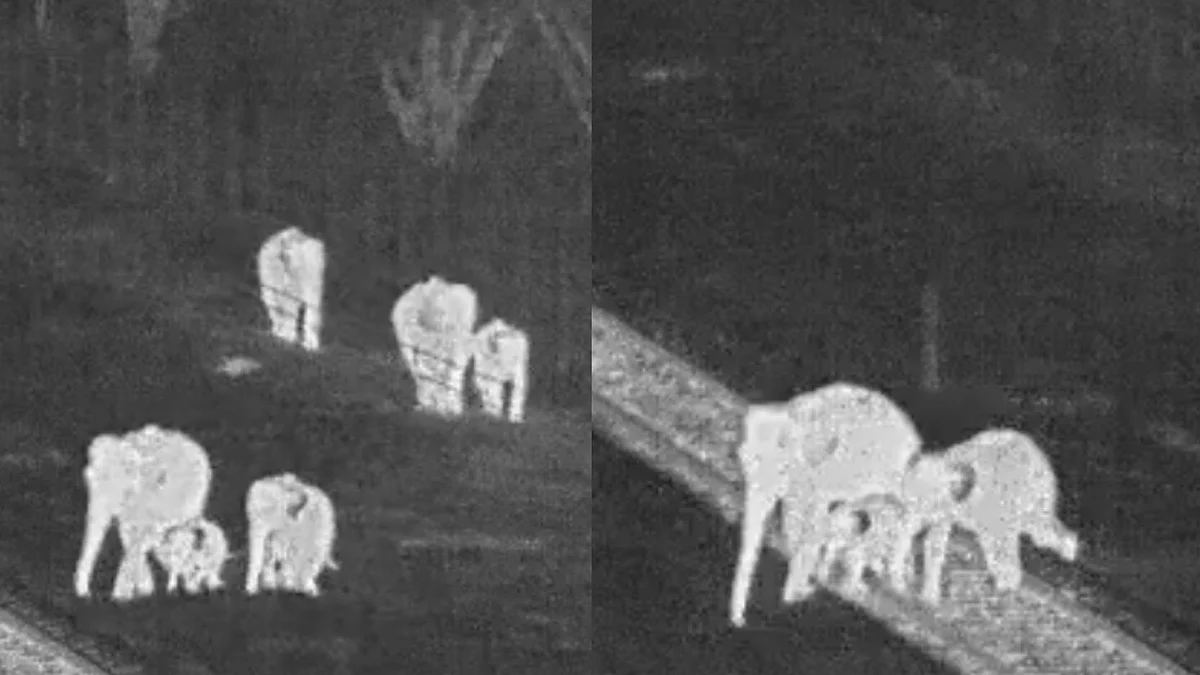On the forested edges of Madukkarai in Coimbatore, a quiet revolution is taking place-one that blends cutting-edge technology with an unwavering commitment to wildlife safety. Since November 2023, an AI-powered early warning system by the Tamil Nadu Forest Department has achieved a remarkable feat: zero elephant deaths on the railway tracks.
A heartwarming sight on World Elephant Day
An IAS officer recently shared a video on X (formerly Twitter), capturing a serene scene of a family of elephants crossing the railway track, unharmed and unhurried. The post celebrated the initiative as “a sight that fills the heart with warmth” and called it the perfect tribute to elephants on World Elephant Day-guaranteeing them “the right to a safe life.”
The officer also saluted the dedication of forest rangers, track watchers, guards, loco pilots, and officers whose coordinated efforts ensure the system’s success. The message was clear: such tech-led interventions must be replicated to secure the long-term survival of these majestic animals.
How the system works
The setup is both sophisticated and purpose-driven. Spread across the vulnerable railway stretch are 12 towers and 24 thermal cameras that operate around the clock. These cameras detect elephant movements near the tracks and trigger alerts for timely intervention. The system enables loco pilots and forest staff to respond instantly, halting trains or guiding elephant herds to safe crossings.
In less than a year, the results have been extraordinary. 6,592 safe elephant crossings have been recorded, with 25 forest staff constantly monitoring the live feed. This is not just a statistic-it’s a testament to how proactive measures can turn the tide in human-wildlife conflict zones.
Technology for wildlife conservation
This success story from Tamil Nadu underscores the power of technology in conservation. When AI, thermal imaging, and real-time alerts work hand-in-hand with on-ground vigilance, the results speak for themselves. It’s a model that can inspire similar measures across India, where railways often intersect with critical wildlife corridors.










